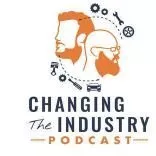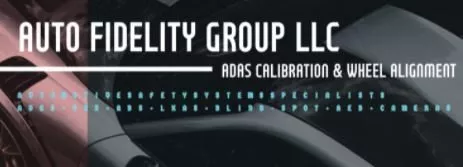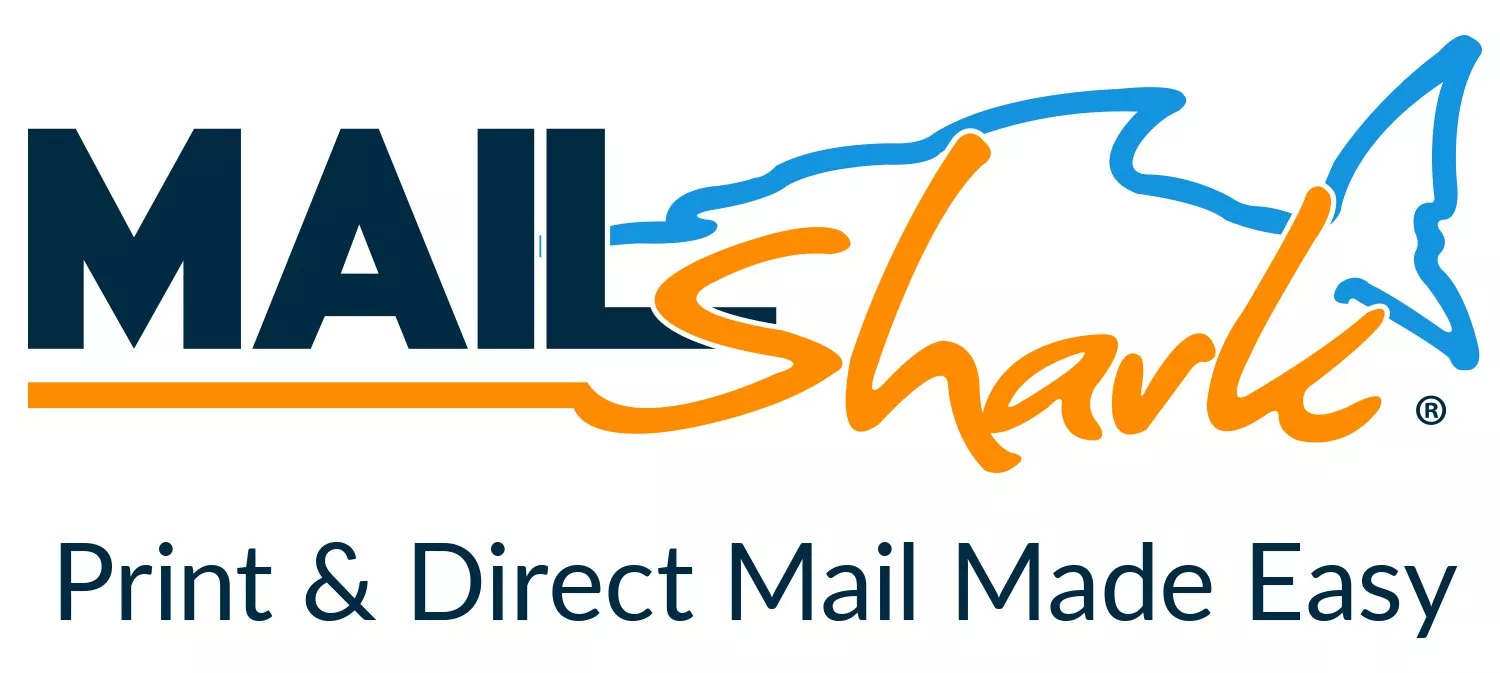Scheduling efficiency...
-
Available Subscriptions
-
Have you checked out Joe's Latest Blog?
-
By Joe Marconi in Joe's Blog0 commentsIt always amazes me when I hear about a technician who quits one repair shop to go work at another shop for less money. I know you have heard of this too, and you’ve probably asked yourself, “Can this be true? And Why?” The answer rests within the culture of the company. More specifically, the boss, manager, or a toxic work environment literally pushed the technician out the door.
While money and benefits tend to attract people to a company, it won’t keep them there. When a technician begins to look over the fence for greener grass, that is usually a sign that something is wrong within the workplace. It also means that his or her heart is probably already gone. If the issue is not resolved, no amount of money will keep that technician for the long term. The heart is always the first to leave. The last thing that leaves is the technician’s toolbox.
Shop owners: Focus more on employee retention than acquisition. This is not to say that you should not be constantly recruiting. You should. What it does means is that once you hire someone, your job isn’t over, that’s when it begins. Get to know your technicians. Build strong relationships. Have frequent one-on-ones. Engage in meaningful conversation. Find what truly motivates your technicians. You may be surprised that while money is a motivator, it’s usually not the prime motivator.
One last thing; the cost of technician turnover can be financially devastating. It also affects shop morale. Do all you can to create a workplace where technicians feel they are respected, recognized, and know that their work contributes to the overall success of the company. This will lead to improved morale and team spirit. Remember, when you see a technician’s toolbox rolling out of the bay on its way to another shop, the heart was most likely gone long before that.
-
-
Similar Topics
-
By carmcapriotto
Thanks to our Partners, NAPA TRACS, and Today's Class Mike Coley and George Arrants from the ASE Education Foundation address the ongoing technician shortage in the automotive industry. They highlight the importance of education, mentoring, and industry involvement in developing career-ready talent. Coley discusses how ASE certification improves retention and productivity, while Arrants emphasizes the value technicians place on a positive shop culture and proper equipment. The episode urges shop owners to actively support schools, nurture entry-level talent, and create environments that promote long-term career development.
Mike Coley and George Arrants, ASE Education Foundation: https://www.aseeducationfoundation.org/ Show Notes:
Watch Full Video Episode Technician Shortage Discussion (00:00:00) Always Be Recruiting (00:03:43) Hiring Challenges (00:05:07) Importance of Career Path (00:06:17) Understanding Technician Turnover (00:09:11) Evaluating Technicians (00:14:11) Engaging with Schools (00:15:27) Importance of Brand Recognition (00:16:30) Career Fair Engagement (00:18:41) Understanding Young Workers' Needs (00:22:00) Role of ASE in Education (00:23:42) Aligning Education with Industry Needs (00:26:54) Impact of Accreditation (00:29:03) Elevating Student Expectations (00:33:17) Industry Accountability (00:34:14) Success Stories in Education (00:36:24) Turnover and Technician Shortage (00:38:12) Benefits of ASE Certification (00:38:25)
Thanks to our Partner, NAPA TRACS NAPA TRACS will move your shop into the SMS fast lane with onsite training and six days a week of support and local representation. Find NAPA TRACS on the Web at http://napatracs.com/ Thanks to our Partner, Today's Class Optimize training with Today's Class: In just 5 minutes daily, boost knowledge retention and improve team performance. Find Today's Class on the web at https://www.todaysclass.com/ Connect with the Podcast: -The Aftermarket Radio Network: https://aftermarketradionetwork.com -Follow on Facebook: https://www.facebook.com/RemarkableResultsRadioPodcast/ -Join Our Private Facebook Community: https://www.facebook.com/groups/1734687266778976 -Join Our Virtual Toastmasters Club: https://remarkableresults.biz/toastmasters -Subscribe on YouTube: https://www.youtube.com/carmcapriotto -Follow on LinkedIn: https://www.linkedin.com/in/carmcapriotto/ -Follow on Instagram: https://www.instagram.com/remarkableresultsradiopodcast/ -Follow on X: https://twitter.com/RResultsBiz -Visit the Website: https://remarkableresults.biz/ -Join our Insider List: https://remarkableresults.biz/insider -All books mentioned on our podcasts: https://remarkableresults.biz/books -Our Classroom page for personal or team learning: https://remarkableresults.biz/classroom -Buy Me a Coffee: https://www.buymeacoffee.com/carm -Special episode collections: https://remarkableresults.biz/collections The Aftermarket Radio Network: https://aftermarketradionetwork.com/ Remarkable Results Radio Podcast with Carm Capriotto: Advancing the Aftermarket by Facilitating Wisdom Through Story Telling and Open Discussion. https://remarkableresults.biz/ Diagnosing the Aftermarket A to Z with Matt Fanslow: From Diagnostics to Metallica and Mental Health, Matt Fanslow is Lifting the Hood on Life. https://mattfanslow.captivate.fm/ Business by the Numbers with Hunt Demarest: Understand the Numbers of Your Business with CPA Hunt Demarest. https://huntdemarest.captivate.fm/ The Auto Repair Marketing Podcast with Kim and Brian Walker: Marketing Experts Brian & Kim Walker Work with Shop Owners to Take it to the Next Level. https://autorepairmarketing.captivate.fm/ The Weekly Blitz with Chris Cotton: Weekly Inspiration with Business Coach Chris Cotton from AutoFix - Auto Shop Coaching. https://chriscotton.captivate.fm/ Speak Up! Effective Communication with Craig O'Neill: Develop Interpersonal and Professional Communication Skills when Speaking to Audiences of Any Size. https://craigoneill.captivate.fm/
Click to go to the Podcast on Remarkable Results Radio
-
By Changing The Industry
Episode 212 - The Role of Technology in Modernizing Auto Shops with Monique from Shop-Ware
-
By carmcapriotto
Thanks to our Partner, NAPA Autotech
NAPA Autotech’s team of ASE Master Certified Instructors are conducting over 1,200 classes covering 28 automotive topics. To see a selection, go to napaautotech.com for more details.
Contact Information
Email Matt: mattfanslowpodcast@gmail.com Diagnosing the Aftermarket A - Z YouTube Channel
Key Highlights:
Matt reflects on the idea of self-awareness and balance, emphasizing that "everything comes from you" and that we are all part of a larger matrix of experiences and growth.
Vision Conference Recap:
Matt shares his experience at the Vision Conference, where he faced a challenging drive through a snowstorm and crosswinds to get there. He highlights the hands-on training sessions he participated in, including: Key Cutting and Programming Class: Co-taught with Andrew Sexton, where attendees got to physically cut keys and program them using a Honda ignition system. Pico Training: A full day of hands-on training with Scott Shotton, focusing on practical, car-side diagnostics. Tech Talks: Featuring Garrett Jacobson (HP Tuners) and Zeb Beard (Thermal Imaging), both of whom delivered high-energy, informative sessions.
Key Takeaways from Vision:
HP Tuners: Matt learned new functionalities of the tool, even after using it for over five years. Garrett Jacobson’s class demonstrated how intuitive and powerful the tool can be for diagnostics. Thermal Imaging: Zeb Beard emphasized the importance of using thermal imagers regularly, even when it doesn’t seem immediately necessary. His session focused on diesel diagnostics but applied to all vehicles.
Personal Reflections and Connections:
Matt shares heartfelt moments from the conference, including dinners with industry friends like Dan Baumgartner, Matt Hall, Kevin Looney, and others. They reminisced about Harvey Chan, a beloved figure in the industry who passed away too soon, and the impact he had on everyone. Matt reflects on the duality of emotions—being sad about losing someone but happy to share stories and memories.
Behind-the-Scenes Stories:
Matt dives into the importance of understanding the "behind-the-scenes" of how things are created, whether it’s a business, a movie scene, or even a professional wrestling match. He shares an iconic wrestling story about Stone Cold Steve Austin and Bret Hart, highlighting how collaboration and trust led to one of the most memorable moments in wrestling history.
Themes of Authenticity and Sharing Knowledge:
Matt discusses the tendency in the industry to want to feel "special" or to exaggerate success stories. He emphasizes the importance of being honest about how things are achieved, whether it’s diagnosing a tough problem or building a successful shop. He encourages technicians and shop owners to share their real stories, even if they involve luck or being in the right place at the right time.
Filling Your Own Bucket:
Matt reflects on the need for self-validation and filling your own "bucket" rather than constantly seeking external validation. He stresses the importance of being honest with yourself and others, giving credit where it’s due, and taking pride in your work without exaggeration.
Key Quotes:
"Set the freaking thermal imager on your diagnostic cart and start using it, even when you don’t know why." "At some point, you’re going to have to fill your own cup. You’re going to have to be content with yourself." "The real stories, if somebody could tell them, didn’t take away from the magic. It’s the art, the craftsmanship, the creativity that’s magical."
The Aftermarket Radio Network: https://aftermarketradionetwork.com/
Remarkable Results Radio Podcast with Carm Capriotto: Advancing the Aftermarket by Facilitating Wisdom Through Story Telling and Open Discussion. https://remarkableresults.biz/
Diagnosing the Aftermarket A to Z with Matt Fanslow: From Diagnostics to Metallica and Mental Health, Matt Fanslow is Lifting the Hood on Life. https://mattfanslow.captivate.fm/
Business by the Numbers with Hunt Demarest: Understand the Numbers of Your Business with CPA Hunt Demarest. https://huntdemarest.captivate.fm/
The Auto Repair Marketing Podcast with Kim and Brian Walker: Marketing Experts Brian & Kim Walker Work with Shop Owners to Take it to the Next Level. https://autorepairmarketing.captivate.fm/
The Weekly Blitz with Chris Cotton: Weekly Inspiration with Business Coach Chris Cotton from AutoFix - Auto Shop Coaching. https://chriscotton.captivate.fm/
Speak Up! Effective Communication with Craig O'Neill: Develop Interpersonal and Professional Communication Skills when Speaking to Audiences of Any Size. https://craigoneill.captivate.fm/
The Aftermarket Radio Network
Remarkable Results Radio Podcast with Carm Capriotto: Advancing the Aftermarket by Facilitating Wisdom Through Story Telling and Open Discussion
Diagnosing the Aftermarket A to Z with Matt Fanslow: From Diagnostics to Metallica and Mental Health, Matt Fanslow is Lifting the Hood on Life.
The Auto Repair Marketing Podcast with Kim and Brian Walker: Marketing Experts Brian & Kim Walker Work with Shop Owners to Take it to the Next Level.
The Weekly Blitz with Chris Cotton: Weekly Inspiration with Business Coach Chris Cotton from AutoFix - Auto Shop Coaching.
Business by the Numbers with Hunt Demarest: Understand the Numbers of Your Business with CPA Hunt Demarest.
Speak Up! Effective Communication with Craig O'Neill: Develop Interpersonal and Professional Communication Skills when Speaking to Audiences of Any Size.
Click to go to the Podcast on Remarkable Results Radio
-
-
By Joe Marconi
Premium Member Content
This content is hidden to guests, one of the benefits of a paid membership. Please login or register to view this content.
-
-
-
Our Sponsors













Recommended Posts
Create an account or sign in to comment
You need to be a member in order to leave a comment
Create an account
Sign up for a new account in our community. It's easy!
Register a new accountSign in
Already have an account? Sign in here.
Sign In Now